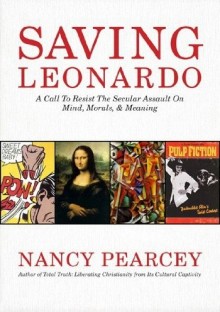Book Review: The Organized Heart
 Thursday, August 4, 2011 at 9:09PM
Thursday, August 4, 2011 at 9:09PM  A Woman’s Guide to Conquering Chaos by Staci Eastin.
A Woman’s Guide to Conquering Chaos by Staci Eastin.
Staci Eastin is a blogger I’ve known for a while. She runs in my circle of blogging friends, you might say. When I found out she was writing a book for women on organizing the home—or “organizing chaos,” to use the wording of the subtitle—I was pretty sure this wasn’t a book for me, since I’ve never had much a problem with chaos in my home, at least not for long.
But then Staci offered to send me a copy of her book. How could I refuse?
Guess what? It turns out that there’s a chapter especially for me in The Organized Heart; or rather, there’s a chapter for a younger me. (I’ve been at this running a home thing for 35 years now. I’ve worked things out, or more accurately, God has worked in me, and I’m mostly content with things as they are.)
But I’ll get to the chapter that applies to me after I quote what Staci writes about this book.
This book will be different than any other book on organization that you’ve probably read. I have no schedule to offer you, I won’t tell you what day to mop the kitchen floor, and you don’t need to buy a timer. Your standards for an organized home and a reasonable schedule will vary with your personality, season of life, and the needs and preferences of your family.
Staci looks at our difficulties managing our homes through the lens of idolatry.




